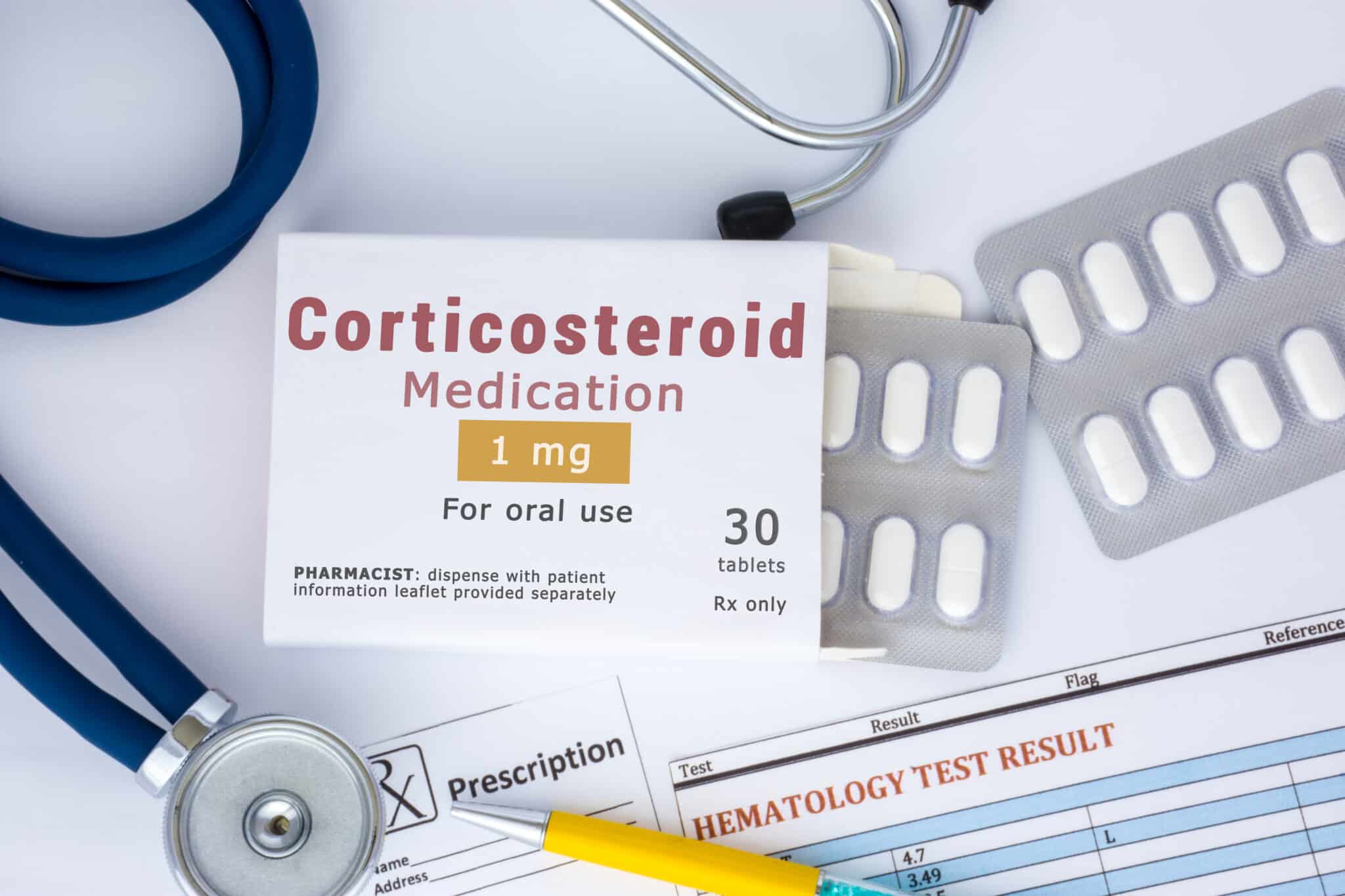Steroids are a class of drugs that mimic the effects of hormones naturally produced by the body’s adrenal glands. Steroids, specifically corticosteroids, can be used to reduce inflammation and pain associated with certain types of back pain.
How Steroids Work
Corticosteroids are a type of steroid hormone that are similar to the hormone cortisol, which is produced by the adrenal glands. They reduce inflammation and swelling by suppressing the immune system and decreasing the production of inflammatory chemicals in the body. Corticosteroids are also called glucocorticoids.
Examples of Steroids
Examples of glucocorticoids include:
- Prednisone
- Methylprednisolone (Medrol)
- Dexamethasone (Decadron)
Glucocorticoids are often used to treat spine pain caused by inflammation and are often given in short courses, known as pulse therapy. This treatment regimen is used to help reduce inflammation and pain as quickly as possible, while minimizing the risk of side effects from long-term use.
What’s the difference between corticosteroids and anabolic steroids?
Corticosteroids and anabolic steroids are both types of steroids, but they have different functions and uses in the body.
Corticosteroids, such as prednisone and methylprednisolone, mimic the effects of the hormone cortisol which is produced by the adrenal gland. They reduce inflammation and swelling by suppressing the immune system and decreasing the production of inflammatory chemicals in the body. This can help to relieve pain, redness, and swelling associated with conditions such as arthritis, asthma, and eczema.
Anabolic steroids, such as testosterone, mimic the effects of the male hormone testosterone. They can increase muscle mass, strength and endurance by stimulating the growth of muscle tissue. Anabolic steroids are used to treat conditions such as delayed puberty, muscle wasting, and osteoporosis. They are also used illegally by some athletes and bodybuilders to enhance performance and improve physical appearance.
Side Effects of Steroids
However, it’s important to note that corticosteroids also have a number of potential side effects, including:
- Gastrointestinal issues such as stomach pain and ulcers
- High blood sugar
- High blood pressure
- Difficulty sleeping
- Mood and behavioral changes
- Increased risk of infection
Longer term use can cause other serious side effects such as:
- Weight gain
- Delayed wound healing
- Osteoporosis which can lead bone fractures
- Thinning of the skin
- Cataracts and glaucoma
- Cushing’s Syndrome
Long-term use of corticosteroids can also cause serious side effects, such as diabetes, cataracts, and a decrease in the body’s ability to fight infections. It’s always important to talk to your healthcare provider before taking any medication, to understand the potential benefits and risks and to ensure that it’s safe for you to use.
Who should avoid taking steroids?
These drugs can cause a wide range of side effects and may not be suitable for everyone.
Individuals with the following conditions should avoid taking corticosteroids or use them with extreme caution:
- Active infections: corticosteroids can suppress the immune system and make it harder for the body to fight off infections.
- Uncontrolled high blood pressure: corticosteroids can raise blood pressure.
- Diabetes: corticosteroids can increase blood sugar levels.
- History of peptic ulcers: corticosteroids can increase the risk of stomach bleeding.
- Osteoporosis: corticosteroids can cause bone loss and increase the risk of fractures.
- Pregnant or breastfeeding women: corticosteroids can cross the placenta and may harm the developing fetus or infant.
It’s important to note that long-term use of corticosteroids can lead to serious side effects, and alternative treatment options should be considered before starting therapy with corticosteroids.
Are corticosteroids right for me?
Whether corticosteroids are right for you depends on your individual situation and the condition being treated. It is important to have a conversation with your doctor about the potential risks and benefits of taking corticosteroids.
It’s important to note that corticosteroids should be used with caution and only under the guidance of a medical professional. They can have a wide range of side effects and may not be suitable for everyone.
